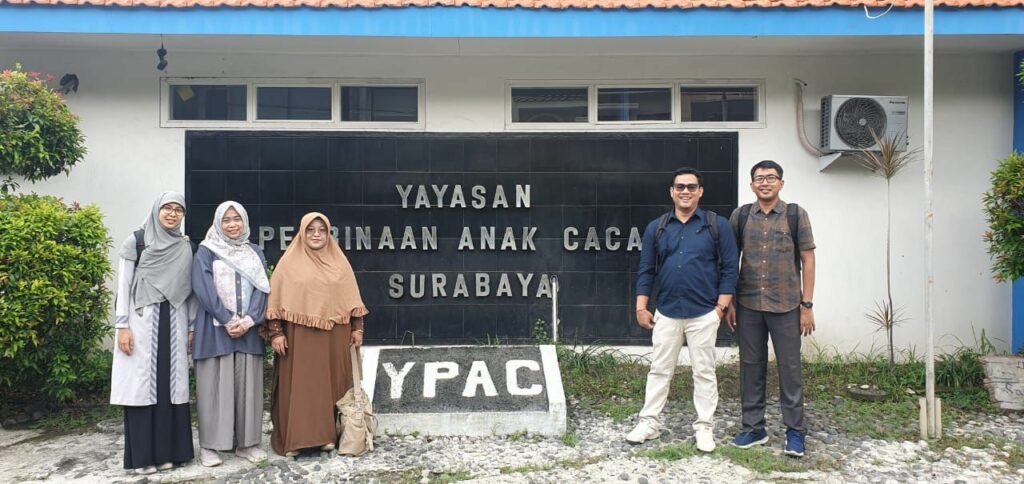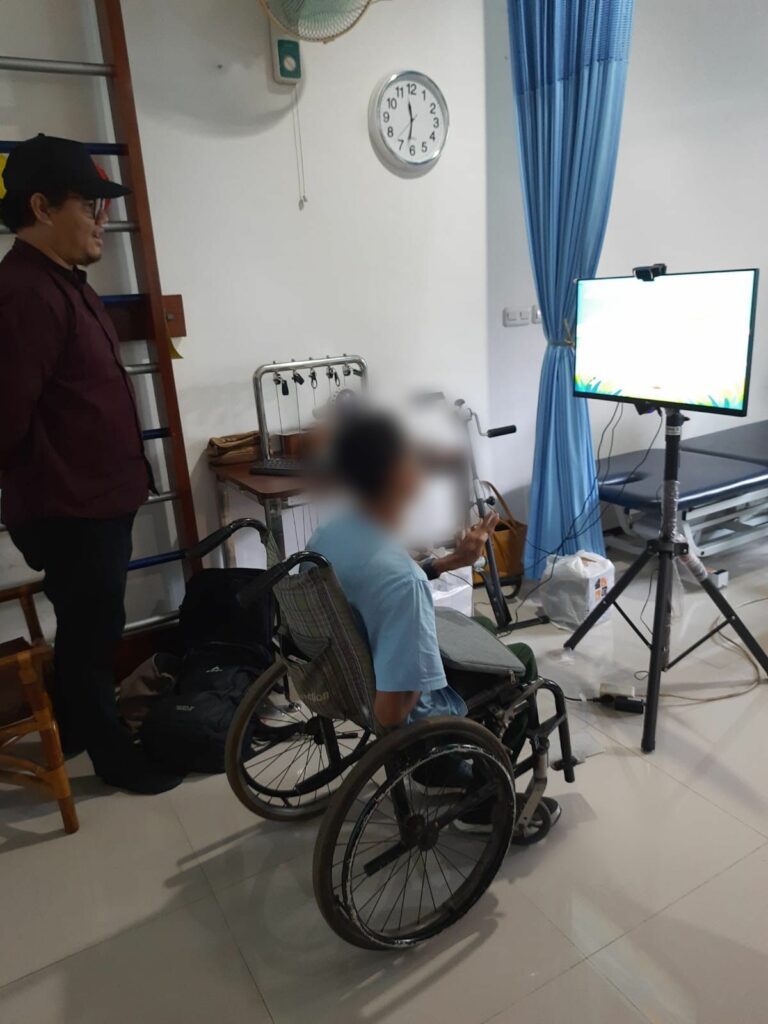Bringing Smiles: ITS Students’ AI Innovation for Therapy and Learning for Children with Special Needs
Innovation and Infrastructure
Sorry, no posts matched your criteria.
Innovation knows no bounds, as demonstrated by a group of students from the Faculty of Intelligent Electrical and Informatics Technology (F-ELECTICS) at Institut Teknologi Sepuluh Nopember (ITS) Surabaya. Through a project titled Smart Mobile Inclusive Learning (SMILE), they developed an AI-based physical therapy tool that provides inclusive learning and enjoyable physical therapy for children with special needs.
Prof. Dr. Ir. Mauridhi Hery Purnomo, M.Eng, as the supervisor, encouraged his students to participate in the Engineering Projects in Community Service (EPICS) program by IEEE. A team was formed consisting of postgraduate students from the ITS Electrical Engineering Program: Endah Suryawati Ningrum, Gede Aditra Pradnyana, Fayruz Rahma, Farah Zakiyah Rahmanti, and Moch. Iskandar Riansyah. With guidance from Dr. Eko Mulyanto Yuniarno, S.T., M.T., and Prof. Dr. Ir. Mauridhi Hery Purnomo, M.Eng, the team proposed a system for inclusive learning for children with special needs, which then received the EPICS grant from IEEE for the period of April 2023 to April 2024. This grant provided equipment such as monitors, computers, mice, keyboards, cameras, and other tools.
The SMILE project is specifically designed for children with physical limitations, especially those with joint stiffness making movement difficult. The technology employs motion detection, where children can play games designed to assist in their physical therapy. In these games, children must move their hands to manipulate objects on the screen, such as putting fruit into a basket.
The system development process began with collecting project requirements through surveys, interviews, and observations at the Foundation for Disabled Children (YPAC) Surabaya. The main challenge faced was controlling the camera sensor, which sometimes misdetected objects. Additionally, from the testing results, it was found that children had difficulty gripping objects, so the games were modified to not require gripping movements.
The team also developed a website that records patients’ medical histories and provides rewards in the form of cognitive learning videos after completing certain levels in the SMILE game. “We want to train children not only in motor aspects but also in cognitive aspects,” said Gede Aditra Pradnyana, a postgraduate student at ITS Electrical Engineering Program.
In the future, the team hopes this system can be used sustainably and continue to be beneficial. They also plan to submit proposals for other grant programs for further development. “We want to ensure that this project does not stop after the grant period ends, but continues so that the primary goal of helping children with special needs is truly achieved,” said Endah Suryawati Ningrum, the team leader.
“We also hope other students will participate in grant programs and the development of technology that benefits the community,” said Fayruz Rahma, one of the team members. With the spirit and empathy to help, ITS students have succeeded in bringing smiles to the faces of children in need. The SMILE project is a tangible realization of this, promoting technological innovation and making a positive impact on society.
Latest News
Sorry, no posts matched your criteria.







